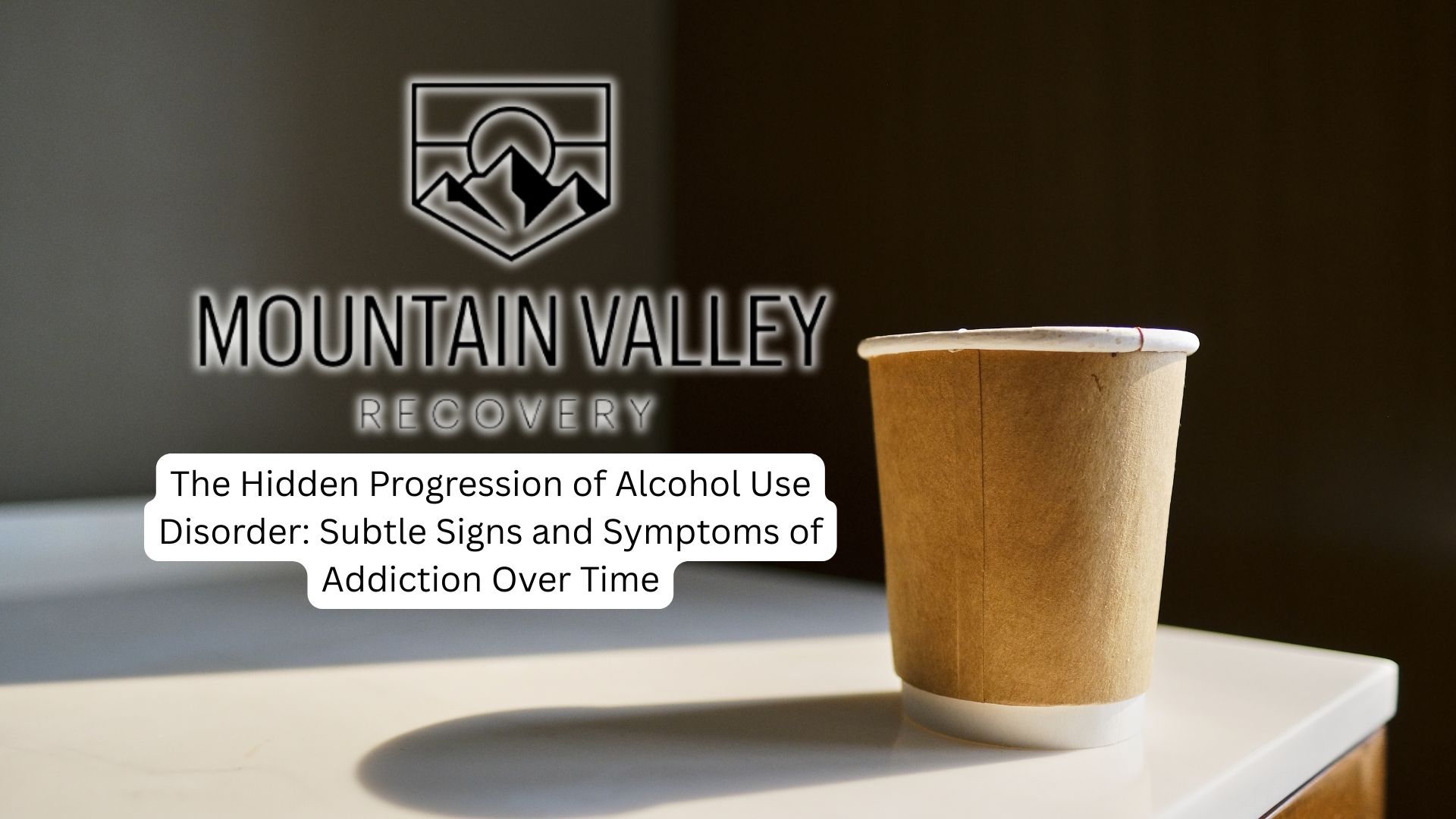Alcoholics Anonymous (AA), established in 1935, has grown into a worldwide organization with a straightforward but effective method for tackling alcohol addiction. The 12-step program developed by AA has assisted innumerable people in overcoming their alcohol dependence and has served as a model for many other support groups dealing with various addictions and compulsive behaviors.
This article aims to delve into the intricacies of AA’s primary focus, its inclusivity towards different types of members, and how its principles have been utilized beyond the scope of alcohol addiction.
The Primary Purpose of Alcoholics Anonymous
AA’s primary purpose is to help alcoholics achieve sobriety through mutual support and shared experiences. The organization operates on a 12-step program that emphasizes spiritual growth and personal accountability in overcoming alcohol addiction.
AA meetings are designed to foster a sense of community among members, encouraging them to share their challenges and successes in their recovery from alcoholism. Membership in AA is free and open to anyone with a desire to stop drinking alcohol, regardless of their background or the severity of their drinking problem.
Anonymity is a fundamental principle of AA, allowing members to share their experiences in a supportive and non-judgmental environment.
Applying AA Principles to Other Addictions
The 12-step program, which emphasizes personal accountability, spiritual growth, and community support, is adaptable to various forms of addiction. This is evident in the success of Narcotics Anonymous (NA), which uses a similar framework for those struggling with drug addiction.
Attending both AA and NA meetings can be beneficial for individuals dealing with multiple substance use disorders. The shared experiences and support found in these groups are invaluable for anyone seeking addiction treatment and long-term recovery.

Similarities and Differences Between AA and Other 12-Step Programs
While AA focuses on alcohol addiction, Narcotics Anonymous (NA) caters to those battling various substance abuse issues.
Both AA and NA utilize a 12-Step approach, emphasizing spiritual principles and the importance of having a strong support system through group meetings. However, some programs like Women for Sobriety and Secular Organizations for Sobriety provide alternative approaches that may better suit certain individuals’ needs when addressing addictive behavior.
Regardless of the specific program, studies show that participating in a 12-Step group can significantly increase the chances of long-term sobriety, as these programs offer structured guidance and a supportive community throughout the treatment process.
Finding Support in AA as a Non-Alcoholic
Even if you’re not an alcoholic, you can find valuable support and guidance by attending open AA meetings.
These meetings welcome family members and friends of individuals struggling with alcohol addiction, providing a space for everyone to share their experiences and learn from one another.
By participating in an AA meeting, you’ll gain insights into the challenges faced by those battling addiction and discover strategies to better support your loved one on their journey to recovery.
Although AA primarily serves as a support group for alcoholics, the inclusive nature of open meetings ensures that anyone affected by alcohol addiction can benefit from the program’s principles of community, accountability, and personal growth.
Adapting AA’s Approach to Your Personal Recovery Journey
Attend open meetings to share your experiences and learn from others, even if alcohol isn’t your primary struggle. The group’s emphasis on accountability, motivation, and personal growth can be applied to various addictive behaviors.
While closed meetings are specifically for those with alcohol problems, open meetings provide a welcoming space to explore how AA’s principles might support your unique needs.
The most important priority is finding a supportive community that resonates with you. Whether you choose AA or another program, the key is to actively engage, share your story, and embrace the journey of recovery.
Final Thoughts from Mountain Valley Recovery
If you or a man in your life is struggling with alcohol addiction, Mountain Valley Recovery in Holden, Utah, offers a comprehensive and supportive treatment program designed specifically for men. Our facility provides a non-judgmental environment where men can directly confront their issues and develop the skills necessary for a healthier, alcohol-free life. Mountain Valley Recovery emphasizes personal growth and offers a full continuum of care to support lasting recovery.





